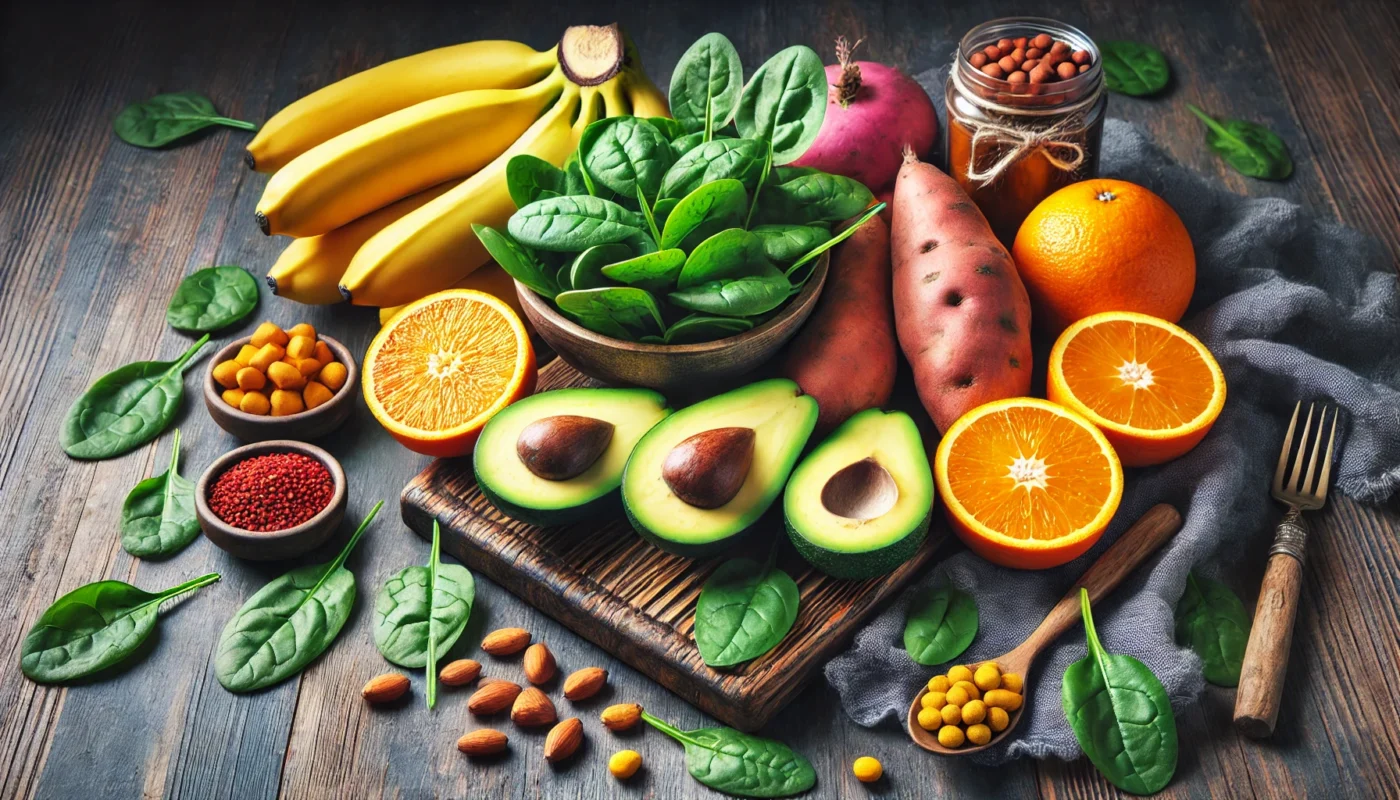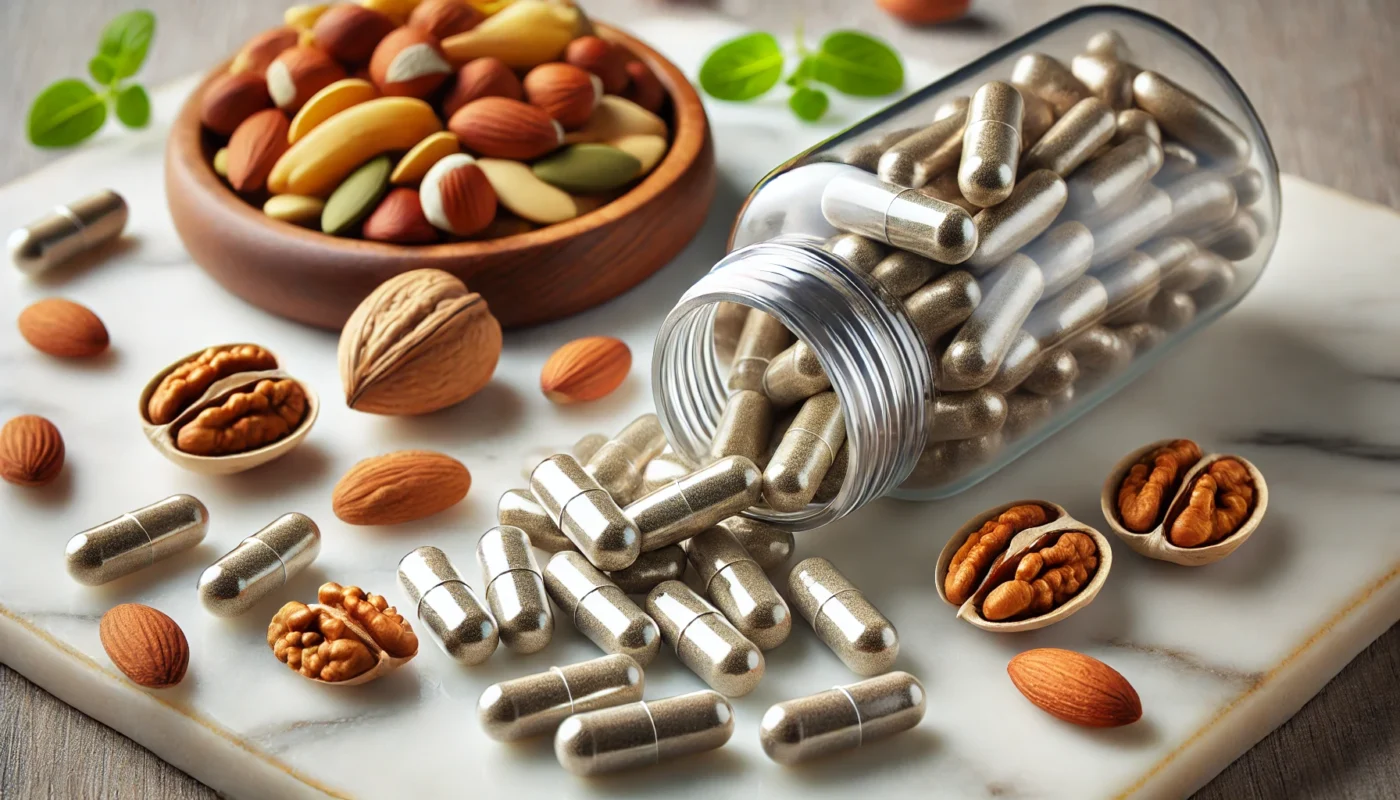Rheumatoid arthritis (RA) is a chronic condition that affects millions worldwide. It’s characterized by inflammation in the joints, leading to pain and reduced mobility.
For many, managing RA involves a combination of medication, lifestyle changes, and physical therapy. However, an increasing number of individuals are turning to dietary supplements as part of their management strategy.
This article aims to shed light on the top supplements for RA. It will delve into their benefits, backed by scientific research, and provide practical tips for their use.
We’ll explore natural alternatives to traditional medications like methotrexate. We’ll also discuss herbs for joint pain and lubrication, and the best vitamins for RA.
The goal is to provide a comprehensive guide for those seeking to understand and implement these alternative approaches. Whether you’re a fitness enthusiast, a health enthusiast, or a medical patient, this article is for you.
Remember, while supplements can play a crucial role in managing RA, they should be part of a broader, holistic approach to health and wellness.
So, let’s dive in and explore the world of supplements for RA. Your journey towards improved wellbeing starts here.









